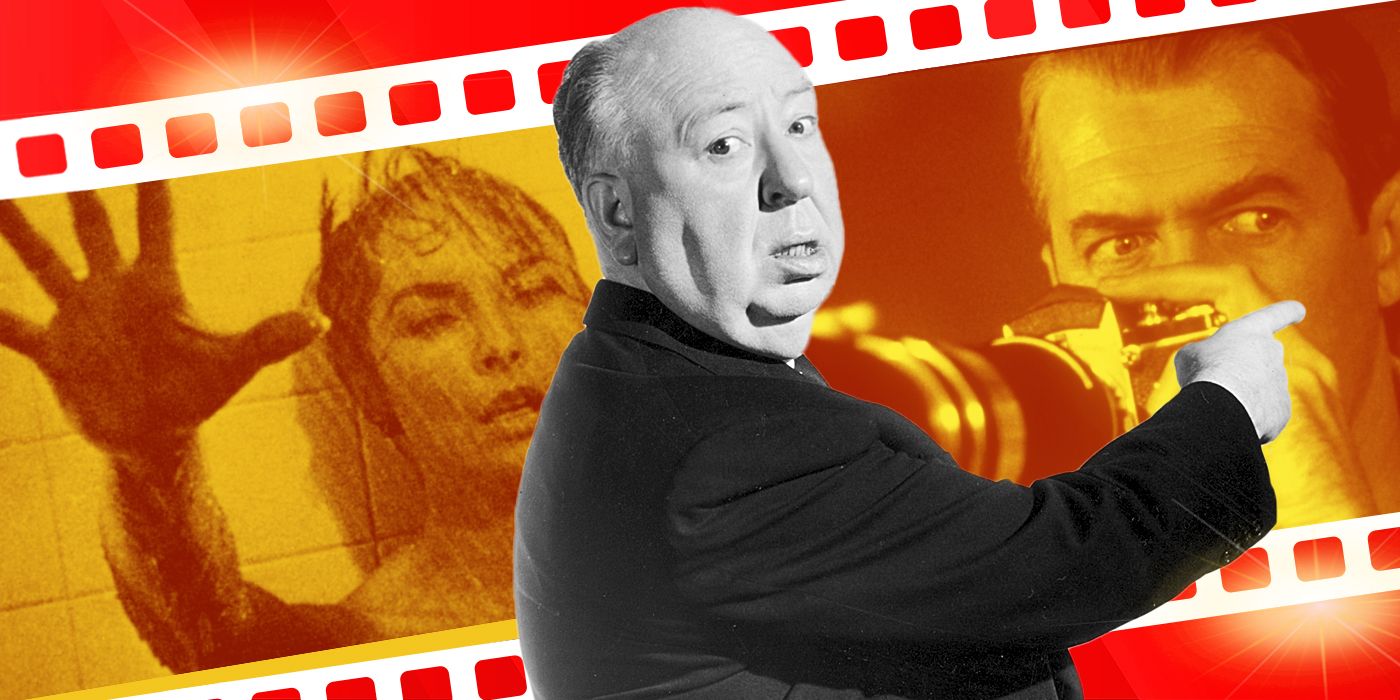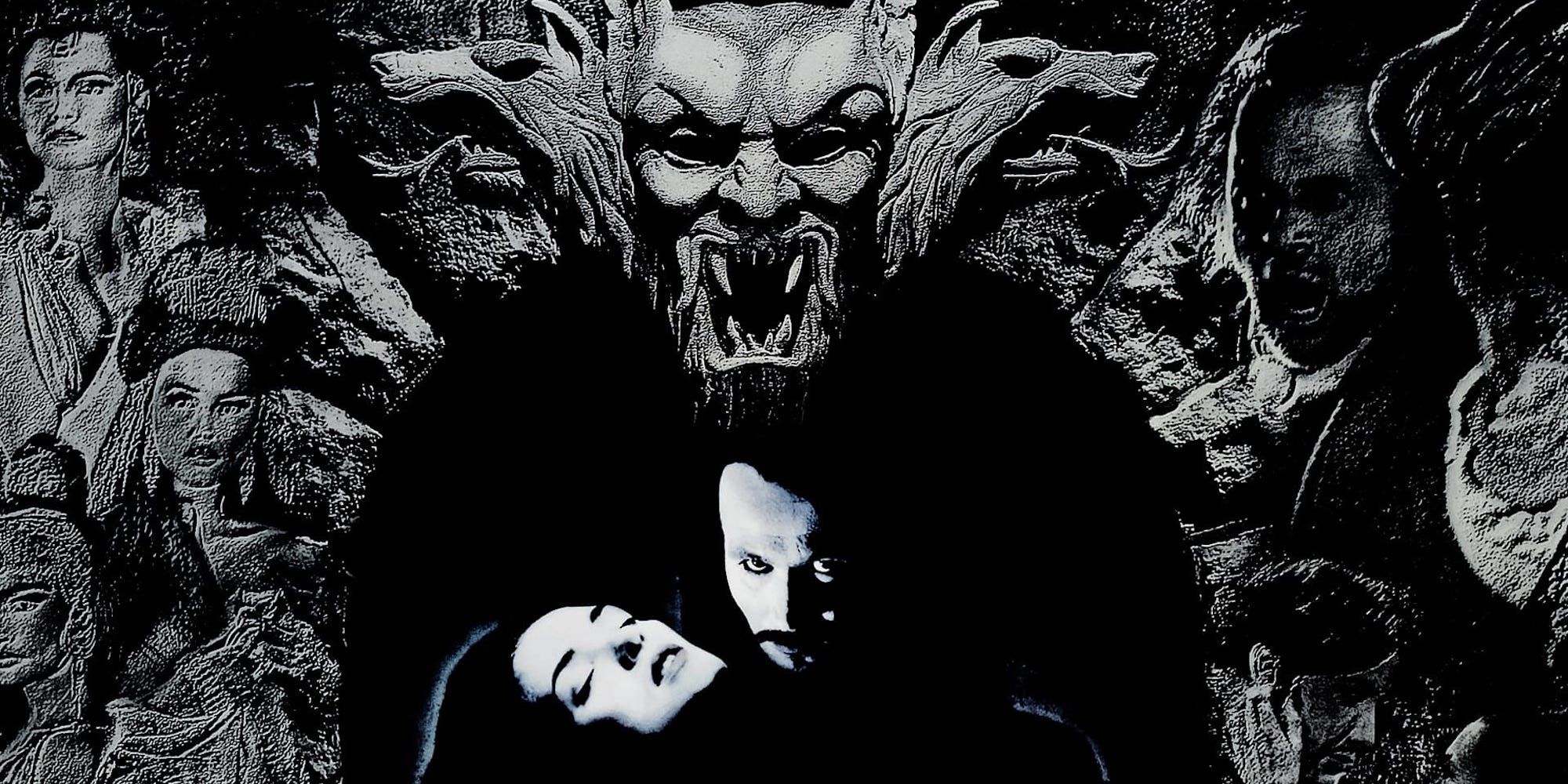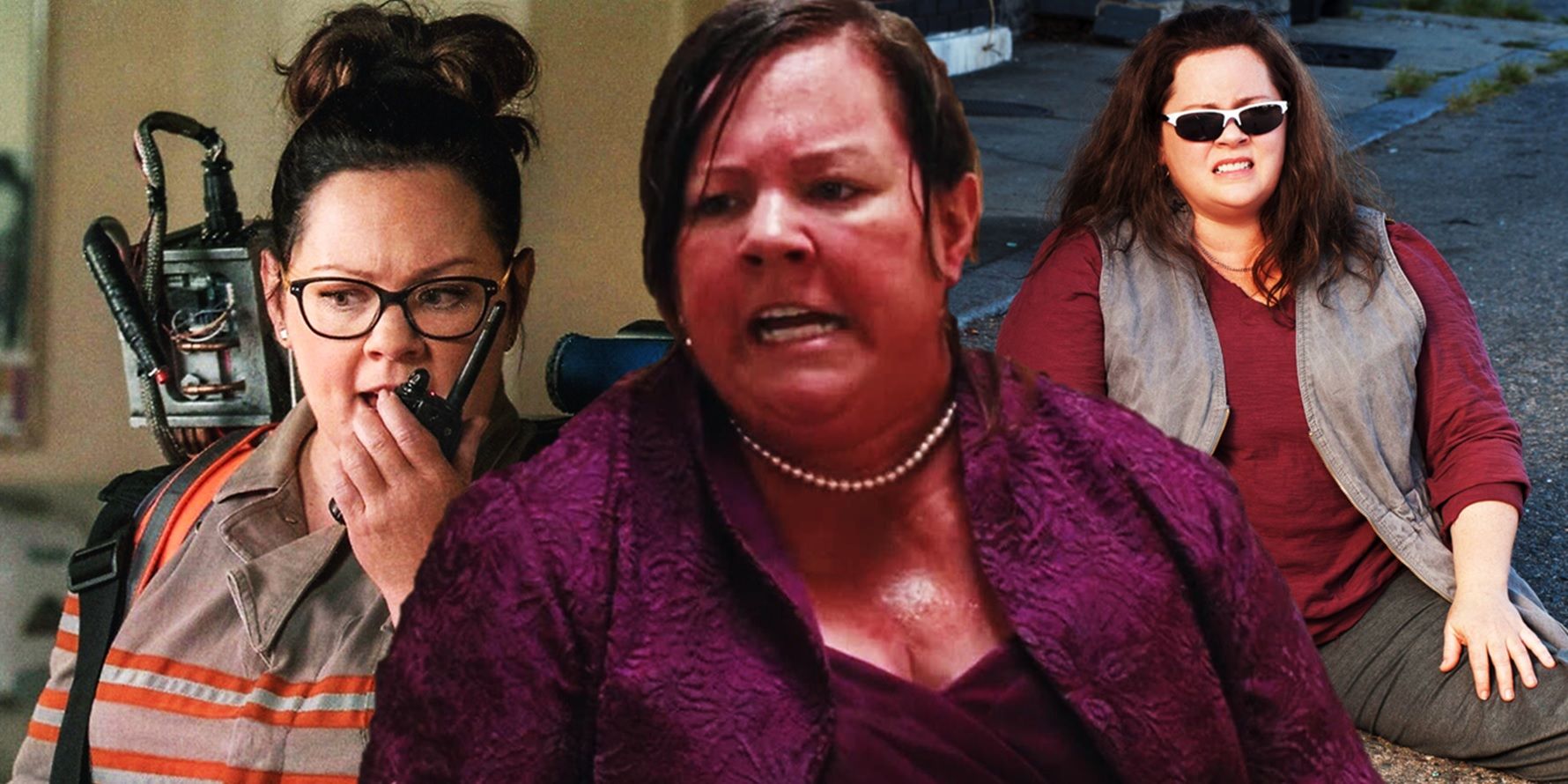Alfred Hitchcock's contributions to cinema cannot be overstated. From his early silent films to his most essential movies, he left an indelible mark on the world of entertainment, and his presence as a personality paved the way for many more auteurs to follow. Hitchcock's work across the genres of horror, thrillers, and even comedy defined many of the decades within which he was directing, and his entire career is worth reviewing for any serious fan of cinema.
Many films within the director's filmography could be considered must-watches. Indeed, any cinema lover would have a tough time limiting their list to just ten, but like any good Hitchcock villain, this list will aim to be cutthroat in its choices. These are the ten films from the iconic Master of Suspense that must be watched at least once because of their importance to the film medium, quality, and overall legacy and cinematic gems.
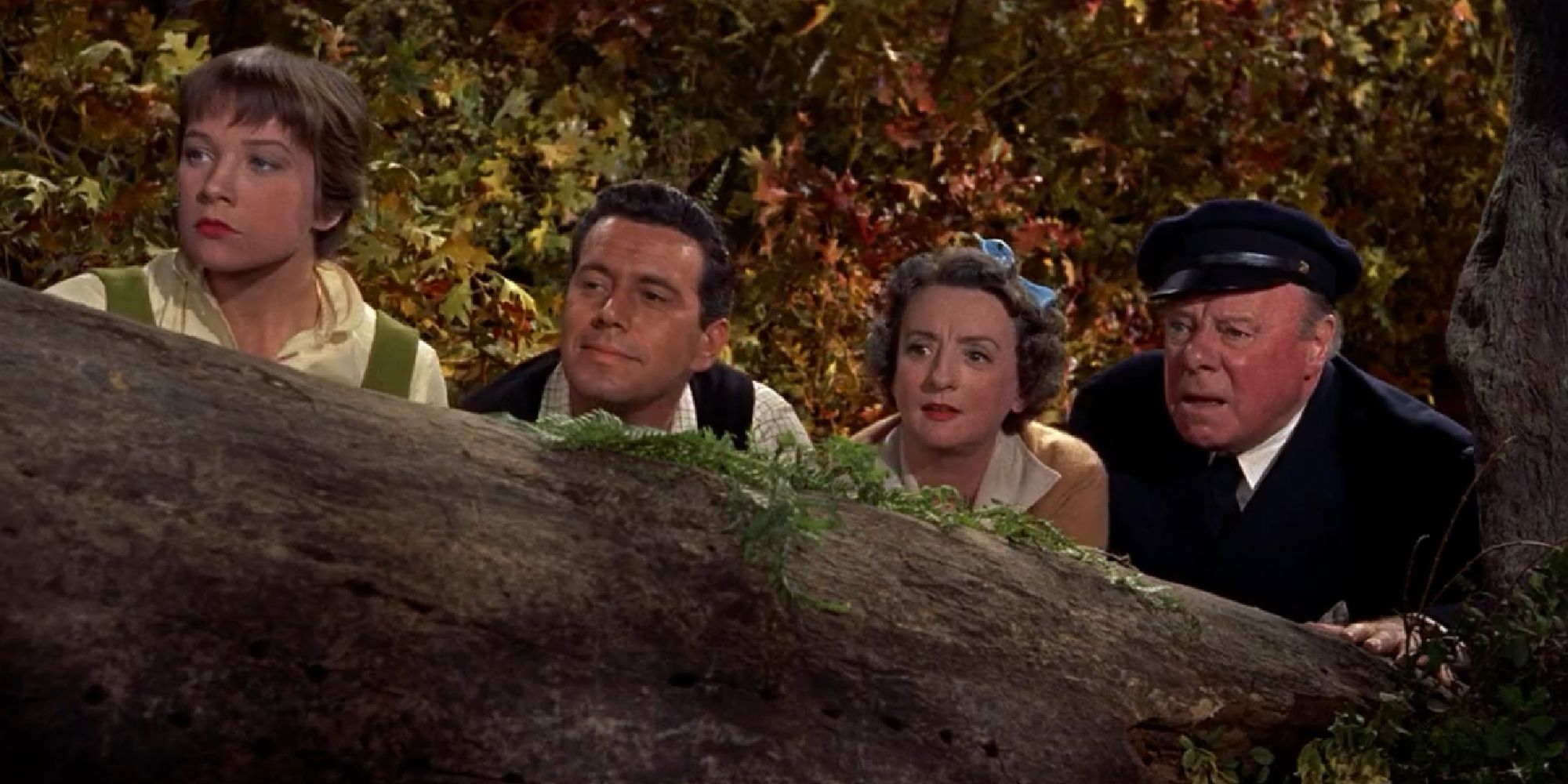
While even Hitchcock's darkest movies were known to have a macabre sense of humor about them, no sensible person would consider any of them comedies. That's what makes the unexpectedly delightful The Trouble with Harry so special in Hitchcock's career. Based on the novel by Jack Trevor Story, this light-hearted romp still involves a dead body, the titular Harry, but the cause of his death doesn't spur on a tense mystery so much as it does a comedy of errors.
Set in an idyllic Vermont town, the movie is filled with gorgeous fall foliage, making it Hitchcock's coziest film by far. The cast, from Edmund Gwenn as a kindly local hunter, John Forsythe's laissez-faire artist and Shirley MacLaine in her film debut, are all effortlessly charming as they set about trying to figure out what to do about the recently departed Harry, whose body was found in a field and whose death several townsfolk claim responsibility for. Hitchcock's penchant for black comedy has never had a better vehicle than in one of his most underrated films, showing the director could master a punchline just as well as a shocking twist.
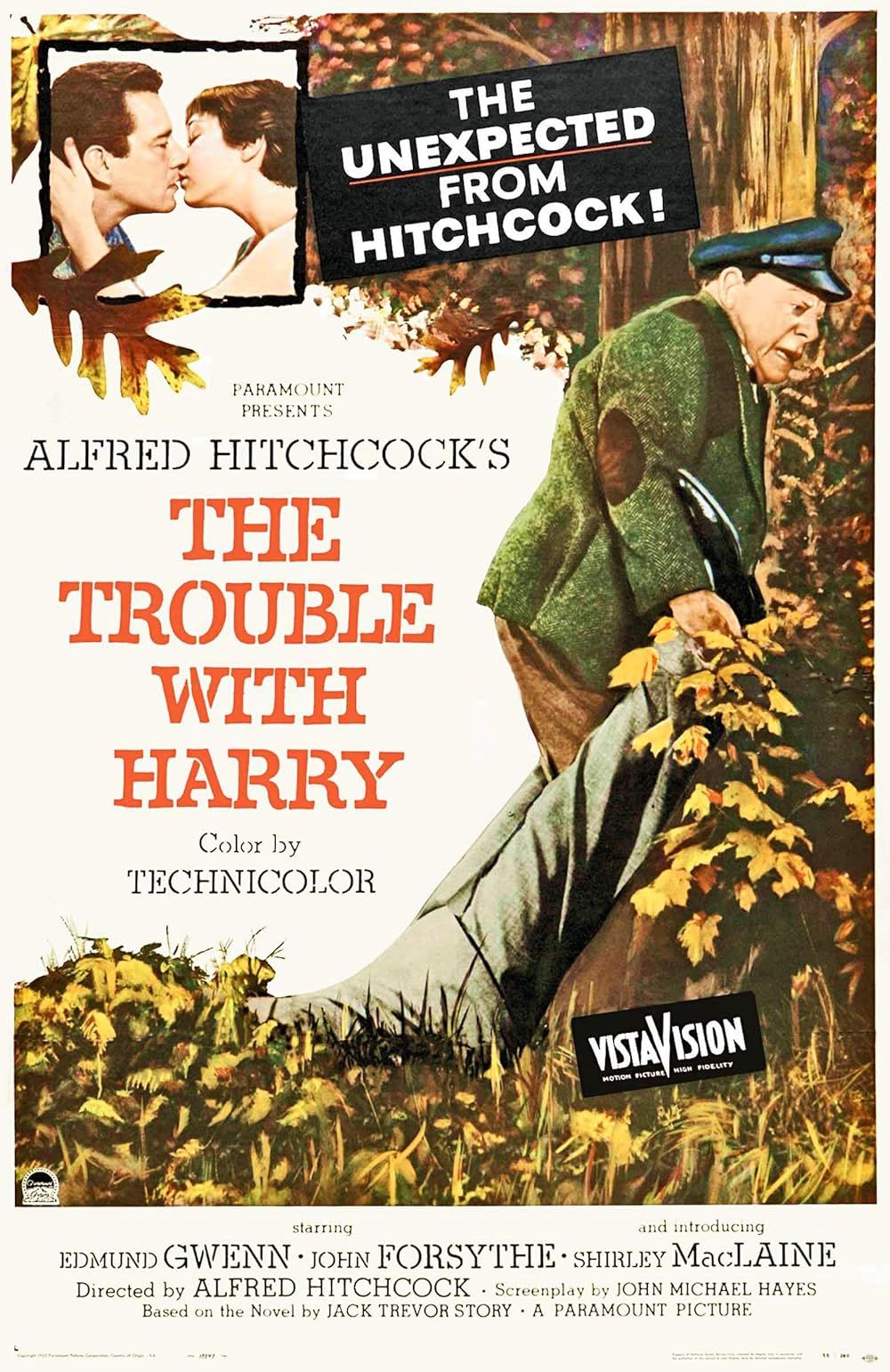
The Trouble with Harry
- Release Date
- October 3, 1955
- Runtime
- 99 minutes
- Director
- Alfred Hitchcock
- Cast
- Edmund Gwenn, John Forsythe, Mildred Natwick, Mildred Dunnock, Jerry Mathers, Royal Dano
- Writers
- John Michael Hayes, Jack Trevor Story

More than anything else, Hitchcock knew how to craft a suspense sequence, using his camera to draw out tension as audiences waited with bated breath for the inevitable climax. No film is a better or more experimental showcase of this than the linear thriller Rope. Set entirely in one apartment, Rope was based on the play of the same name by Patrick Hamilton (which in turn was inspired by the infamous Leopold and Loeb murder) and takes place in real time, with Hitchcock tracking the action across ten long takes.
John Dall and Farley Granger play two young men (explicitly gay in the play but left unstated in the film for obvious censor-related reasons). At the start of the film, they have just murdered a former classmate and hidden him in a trunk in their apartment, where he remains throughout a dinner party. While the movie might seem a bit stage-bound at times, and its highly technical shooting process bristled with some of the actors, the result is a thriller that is a technical marvel for the time and a major influence on decades of similar films. Critics and Hitchcock himself may not have loved the film, but it's an absolute powerhouse in camerawork and staging, all in service of amplifying the suspense.
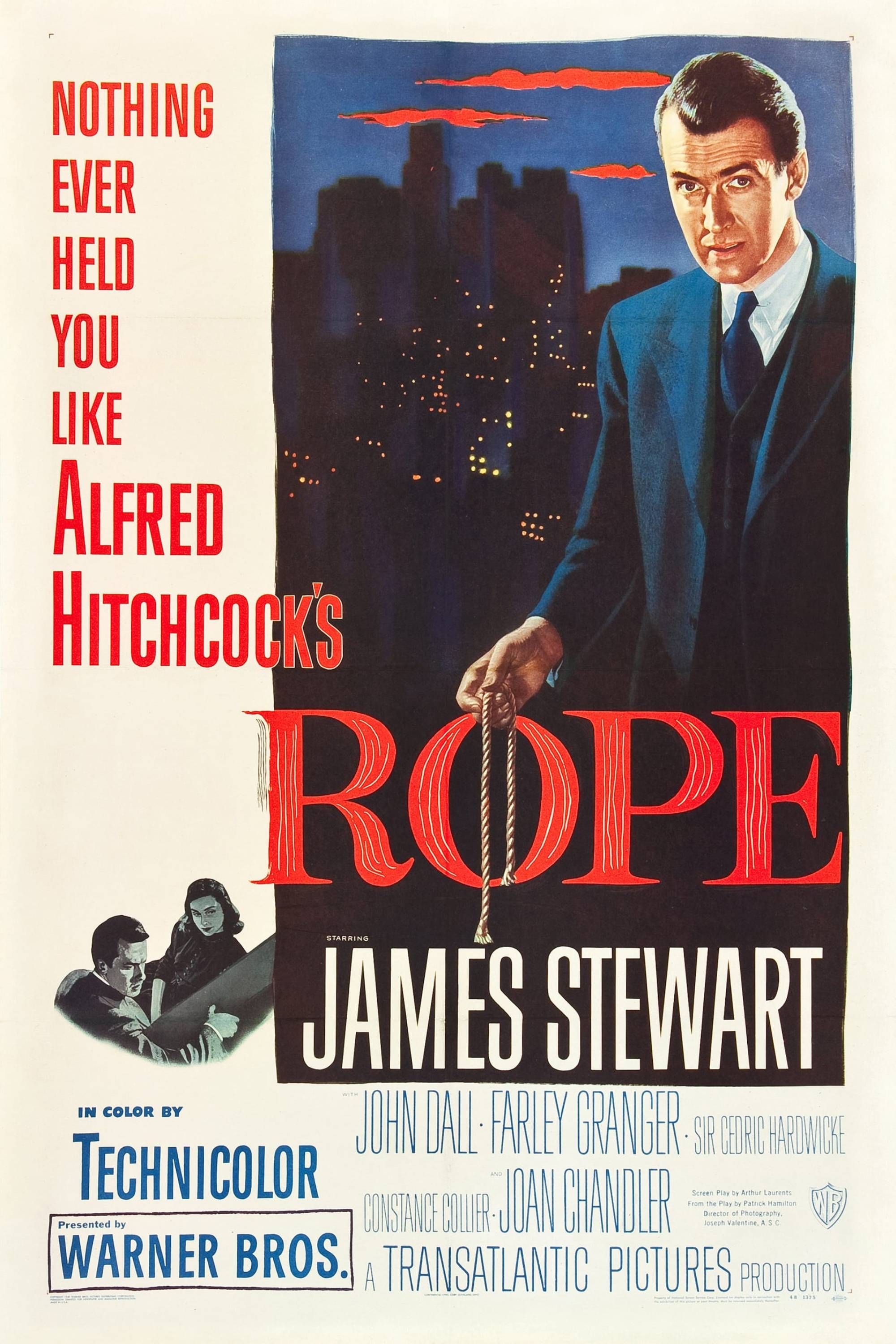
Rope
- Release Date
- August 26, 1948
- Cast
- James Stewart, John Dall, Farley Granger
- Runtime
- 81 minutes
- Writers
- Arthur Laurents, Ben Hecht, Hume Cronyn
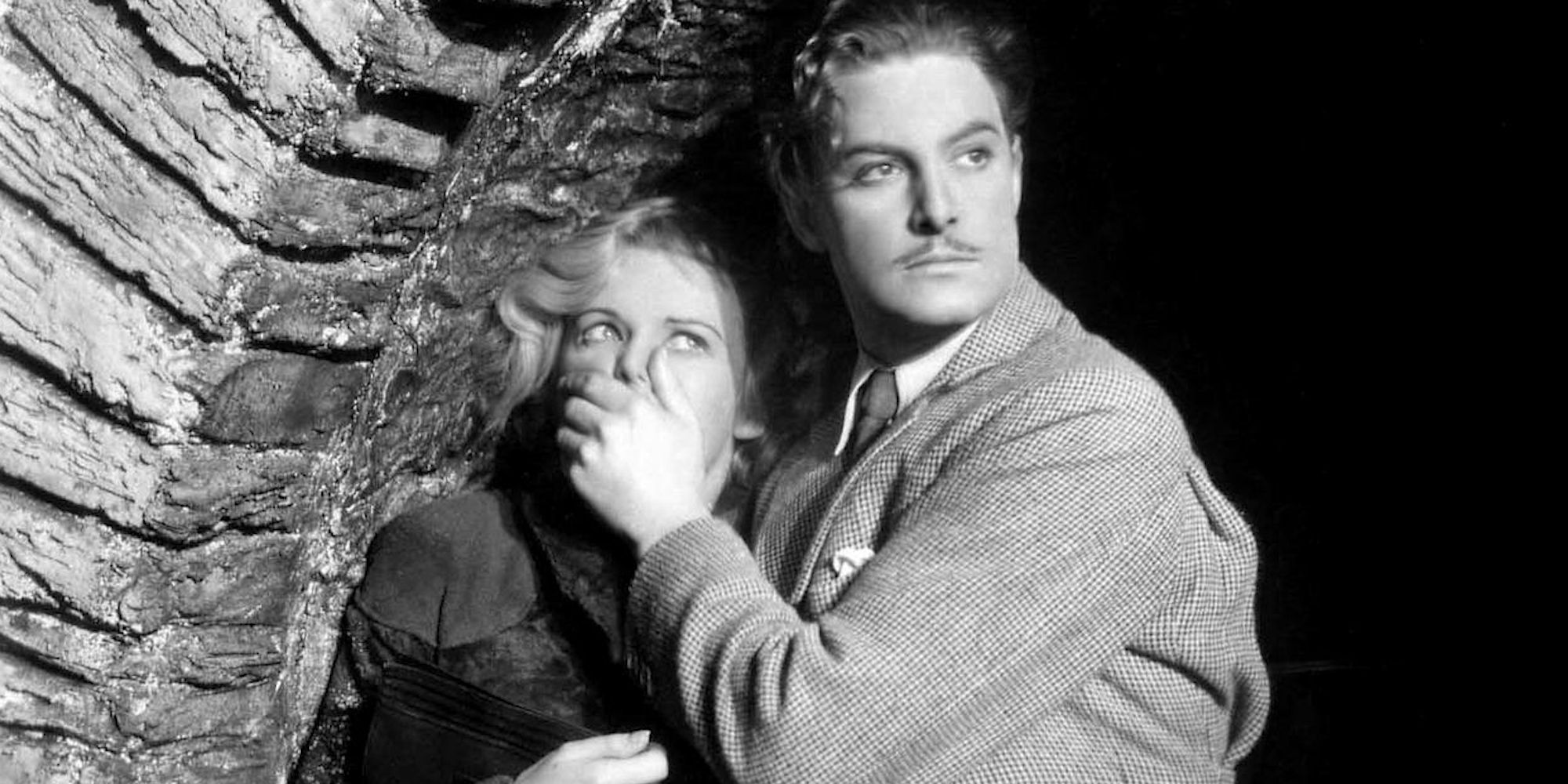
Perhaps Hitchcock's most important film of his career, The 39 Steps features some of the director's favored trademarks, including a wrongfully accused protagonist and a classic MacGuffin. Madeleine Carroll also established the icy character archetype that would come to be known as the Hitchcock blonde. The film stars Robert Donat as a tourist in London who unwittingly becomes involved in a convoluted espionage plot when he is blamed for the death of a mysterious female spy, played by Lucie Mannheim.
For all the tropes it established that would become hallmarks of the director's career, as well as the recognition it would garner him in the U.S. which would eventually lead to a fruitful period in Hollywood, The 39 Steps is simply an extremely well-made and entertaining piece of escapism. It shows all the talents for suspense, intrigue and misdirection that Hitchcock would return to time and time again throughout his life, and how well-formed they were so early in his directorial career.
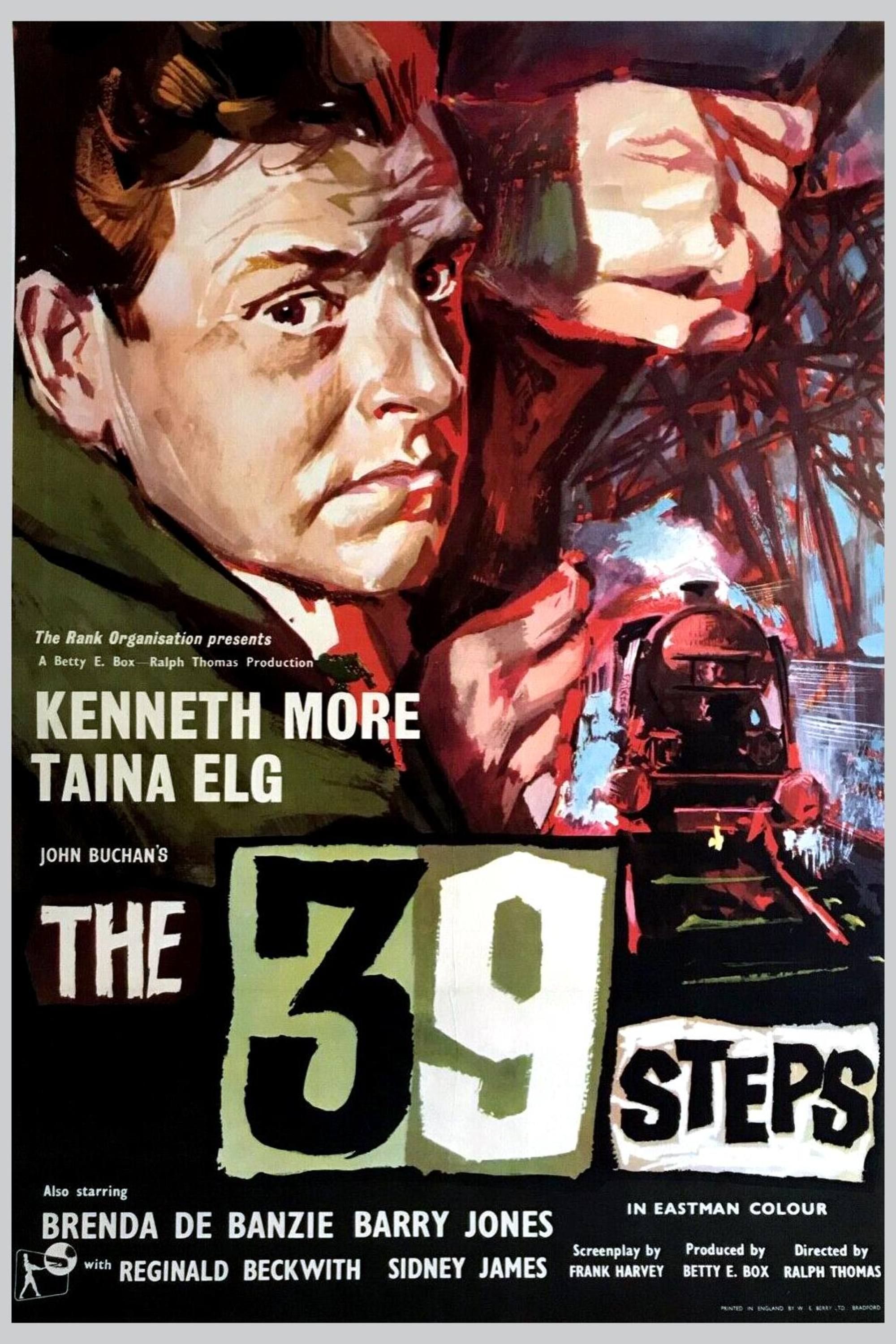
The 39 Steps
- Release Date
- July 31, 1935
- Runtime
- 86 Minutes
- Director
- Alfred Hitchcock
- Cast
- Robert Donat, Madeleine Carroll, Lucie Mannheim, Godfrey Tearle, Peggy Ashcroft, John Laurie, Helen Haye, Frank Cellier
- Writers
- John Buchan, Charles Bennett, Ian Hay
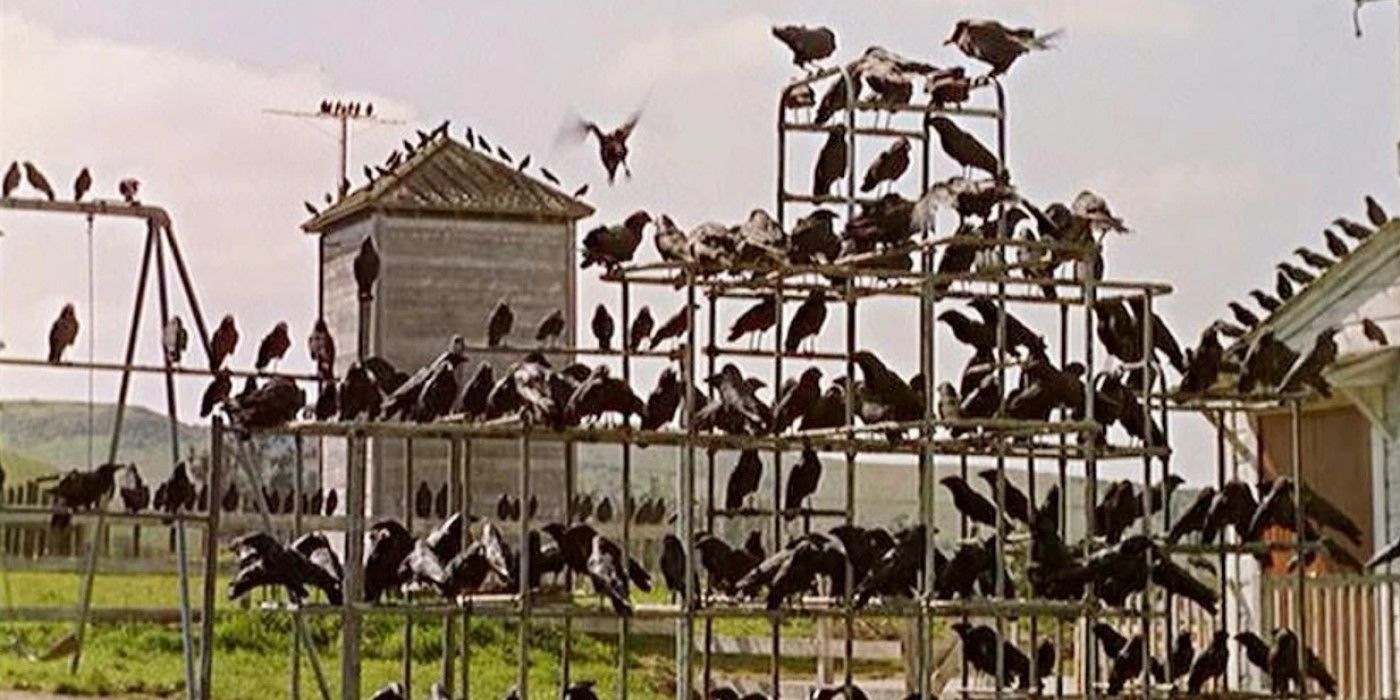
The follow-up to the landmark horror movie Psycho was always going to pale in comparison, but Hitchcock still managed to create a terrifying film filled with suspense with the genre-breaking creature feature The Birds. Starring Tippi Hedren in her debut role (and who suffered a personal horror story at the hands of the controlling Hitchcock during her career), this nature-gone-wild movie features a number of standout sequences that mix slow-burning suspense with highly technical visual effects.
Hedren plays a socialite who follows Rod Taylor's lawyer to his hometown, where her arrival is met with an attack from a harbinger seagull. As the avian attacks continue to occur with increasing frequency and violence, Hitchcock pushes the boundaries of onscreen violence, with an eyeless corpse as a visual standout. The Birds was given a muted response from critics, but its iconic attack scenes and haunting ending have allowed it to endure and gain the acclaim it richly deserves.
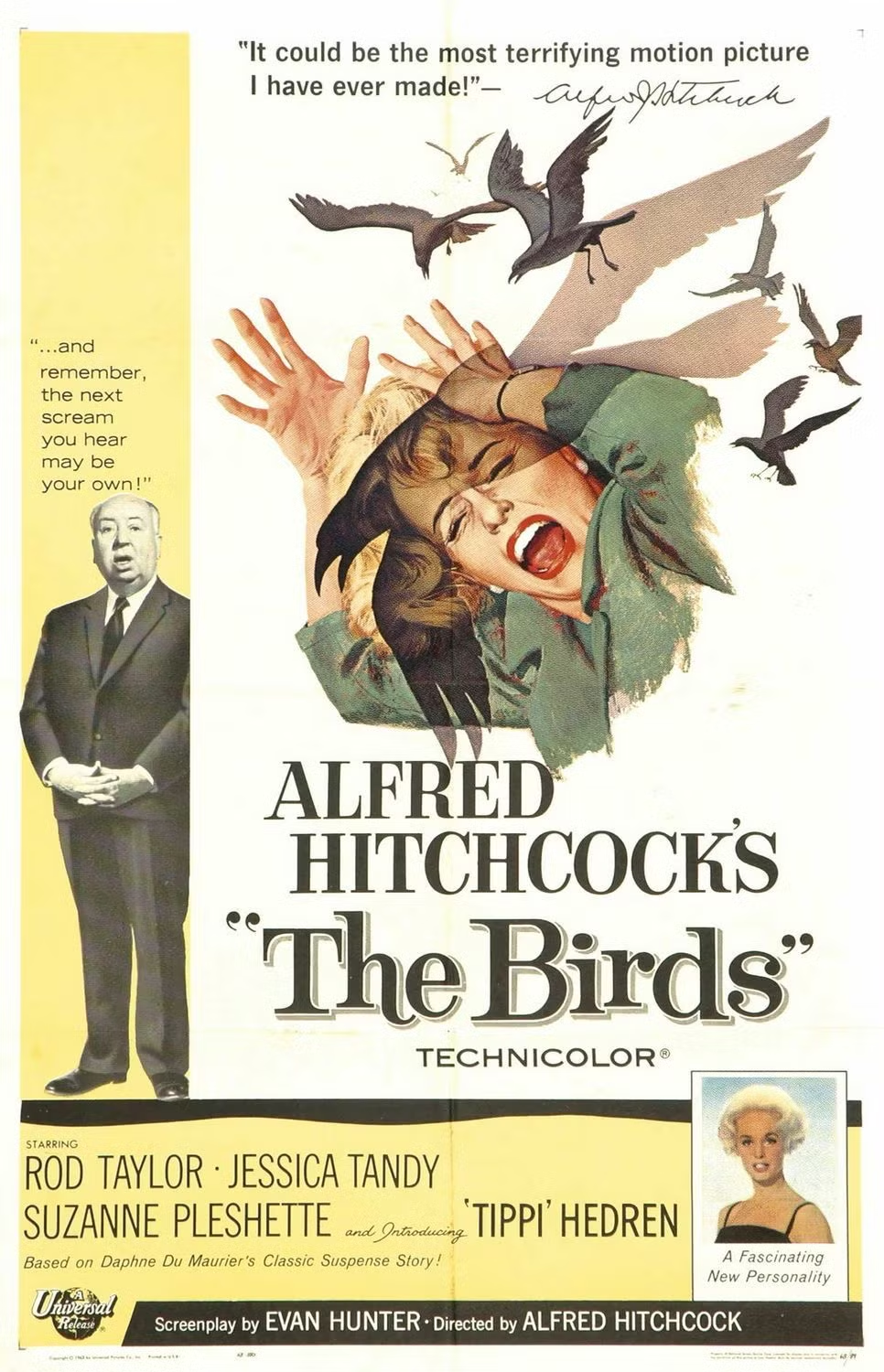
The Birds
- Release Date
- March 29, 1963
- Runtime
- 119 minutes
- Director
- Alfred Hitchcock
- Cast
- Tippi Hedren, Suzanne Pleshette, Jessica Tandy, Veronica Cartwright, Rod Taylor
- Writers
- Evan Hunter
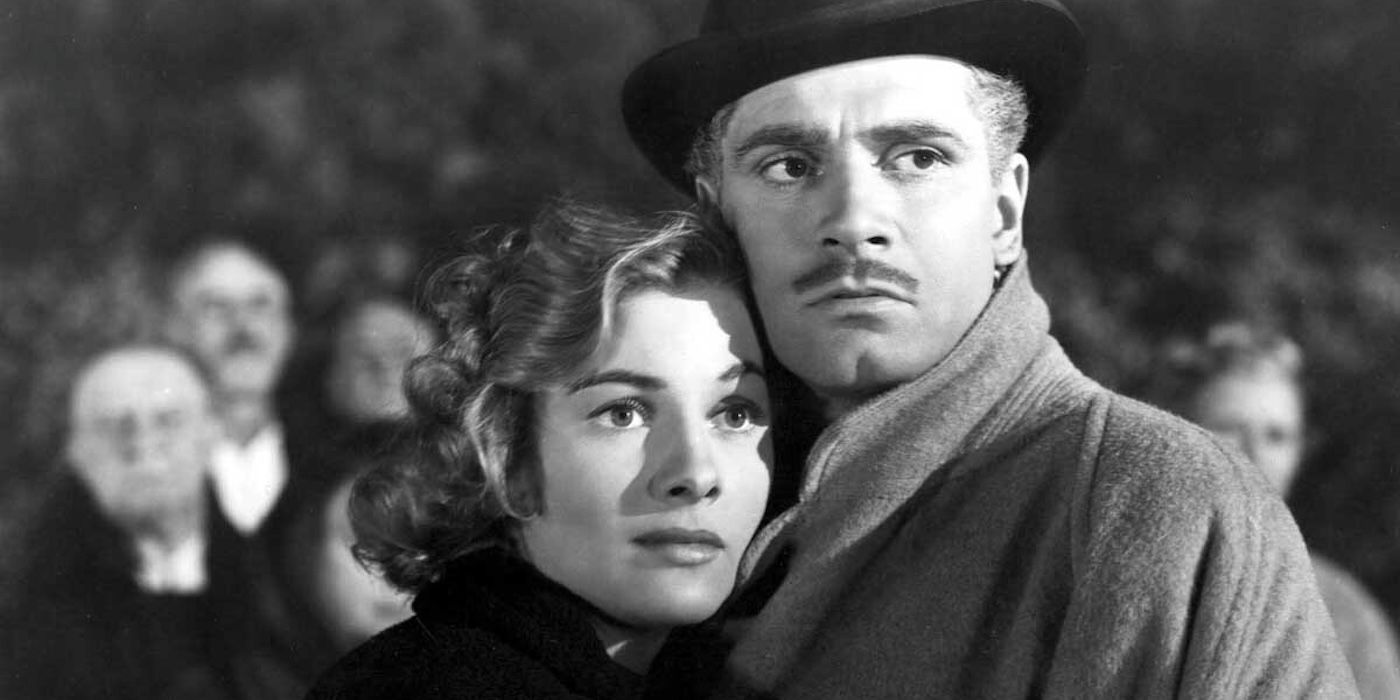
Hitch's first American film, a collaboration with power producer David O. Selznick, also gave him his first Academy Award nomination as a director as well as notably being the only one of his film's to win Best Picture. Rebecca is a gothic classic based on the novel by Daphne du Maurier, which follows a young woman (Joan Fontaine) who becomes infatuated with a wealthy widower (Laurence Olivier) haunted by the memories of his first wife.
Despite changes made to the source material to appease the Hays Code and the presence of a regrettable remake made in 2020, Hitchcock's film remains the definitive film version of du Maurier's novel, thanks to its bleak atmosphere and the performances of its cast. It's Hitchcock's best film of the 1940s and, like much of his best work, lingers in the mind long after its end.
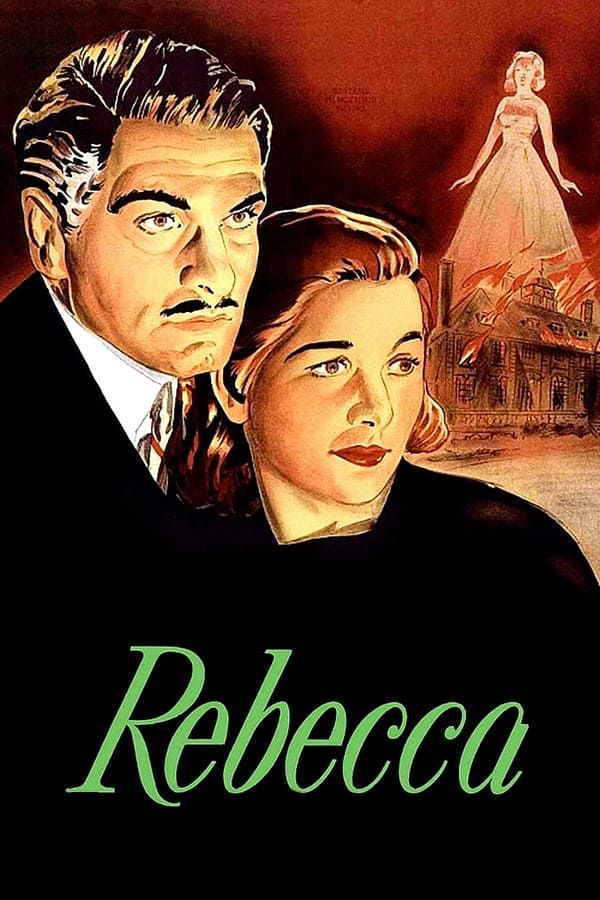
Rebecca
- Release Date
- March 23, 1940
- Cast
- Laurence Olivier, Joan Fontaine, George Sanders, Judith Anderson, Nigel Bruce, Reginald Denny, C. Aubrey Smith, Gladys Cooper
- Runtime
- 121 minutes
- Writers
- Daphne Du Maurier, Robert E. Sherwood, Joan Harrison, Philip MacDonald, Michael Hogan
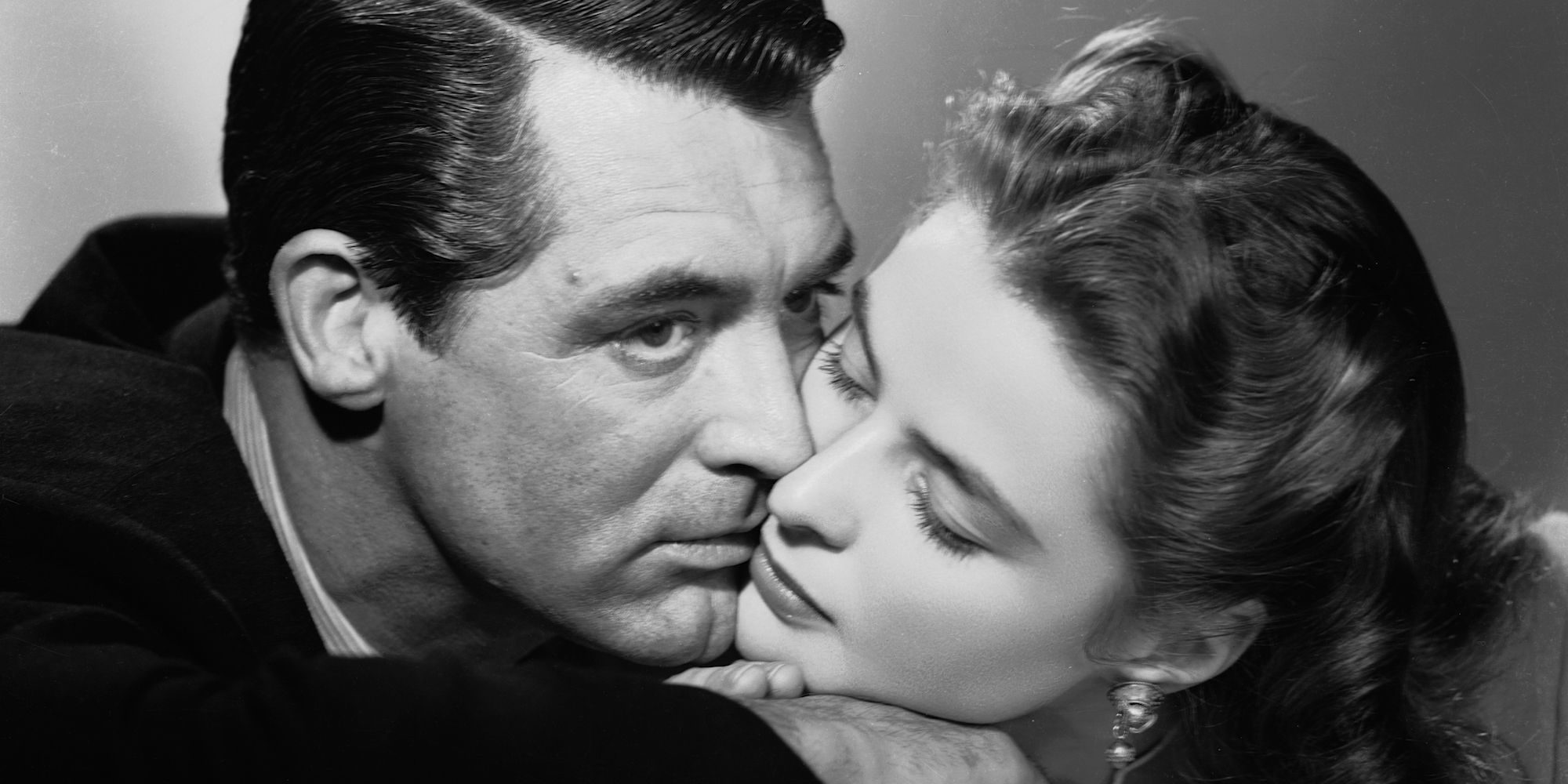
Elements of romance feature in many of Hitchcock's films, but by far his most romantic is the spy noir classic Notorious. The chemistry between Cary Grant and Ingrid Bergman, as a U.S. government agent and the daughter of a Nazi, respectively, is as steamy as onscreen relationships could be at the time, with Hitch notoriously filming a two-minute kissing scene that was broken up into three-second intervals to avoid breaking the time restraints as imposed by the Production Code.
Notorious is filled with intrigue and suspense as Grant recruits Bergman to infiltrate a group of Nazis in post-War Brazil, a task complicated by his burgeoning feelings for her. The film was recognized as a maturation of Hitchcock's skills as a director for the way he handled the complex themes intertwined with his beautifully executed visuals, and it features some of the best acting of any of his films.
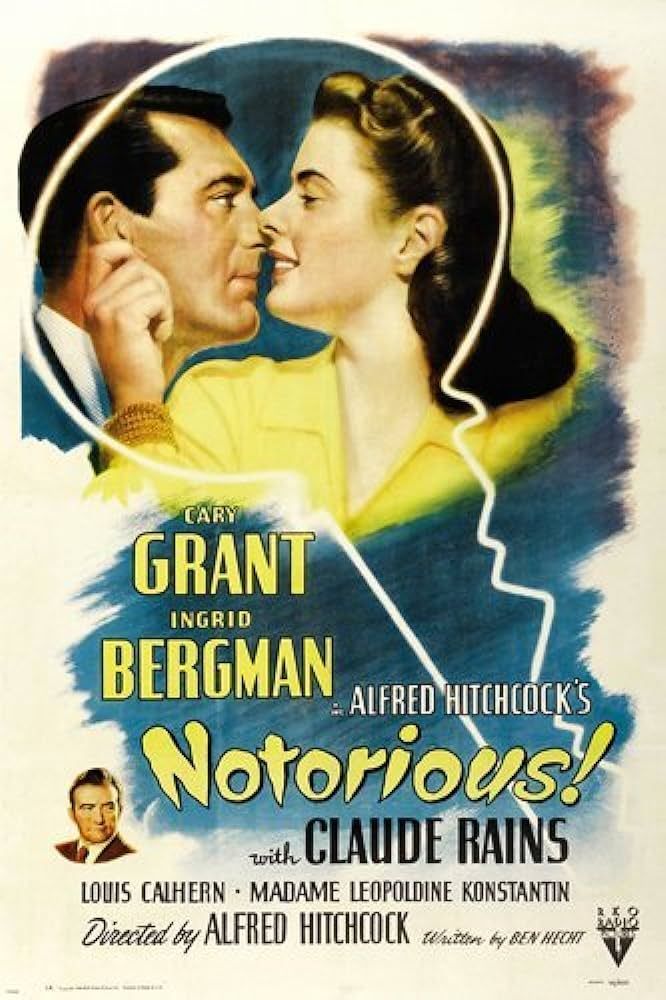
Notorious
- Release Date
- August 15, 1946
- Cast
- Cary Grant, Ingrid Bergman, Claude Rains, Louis Calhern, Leopoldine Konstantin
- Runtime
- 101 Minutes
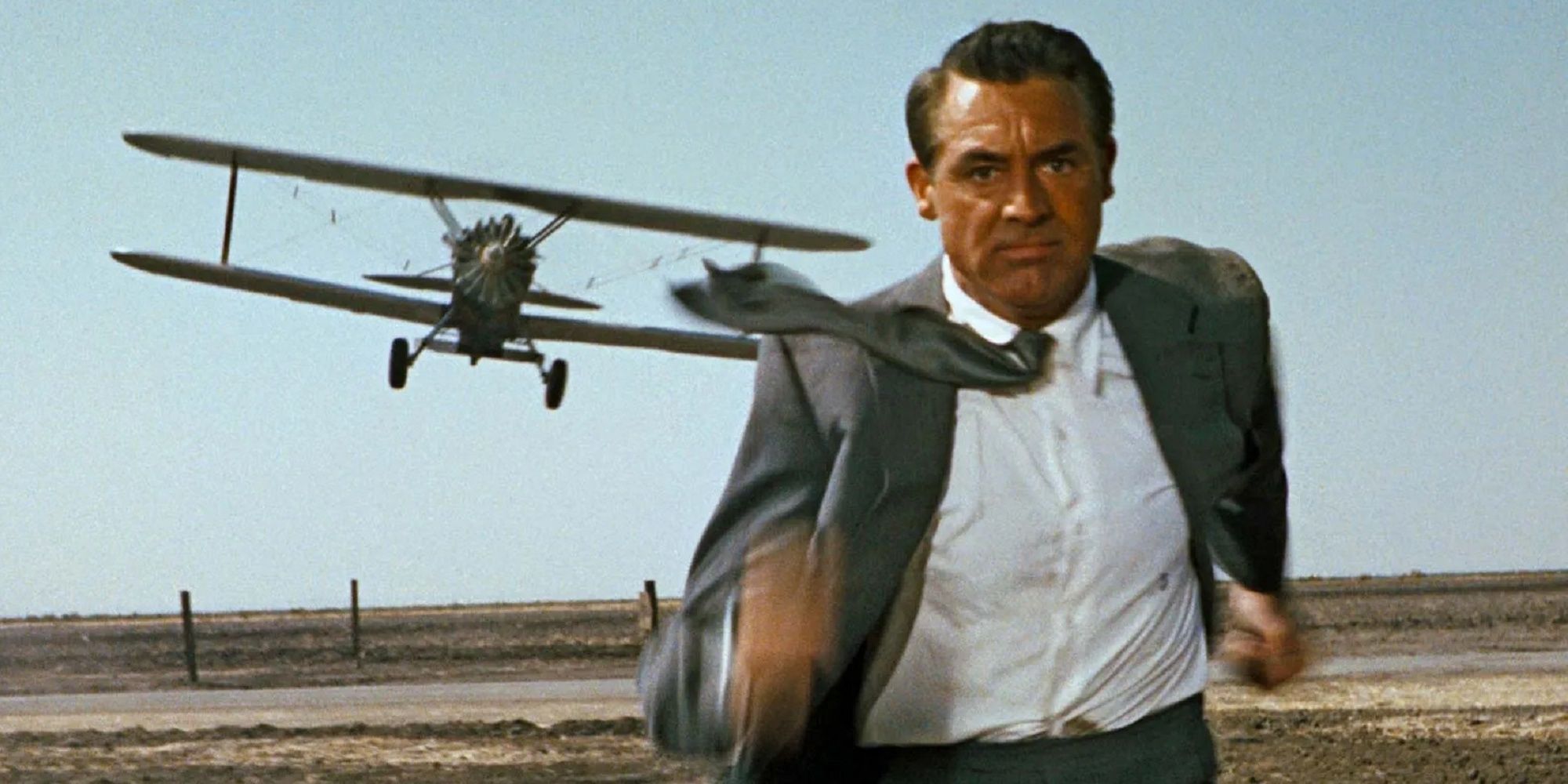
Cary Grant's most essential film is also his greatest collaboration with Hitchcock and is one of the most important films of the spy genre. North by Northwest is not only iconic for its travelogue of scenic settings, which have inspired entire film fanatic road trips, and its massive influence on the early James Bond films. It's possibly the most perfectly mixed cocktail of all of Hitchcock's favorite ingredients.
Grant plays an ad exec who is mistaken for a secret agent, which pulls him into a serpentine plot involving microfilm containing deep state secrets. It's a rollicking adventure film punctuated by some of Hitchcock's most memorable set pieces, including Grant being chased down by a cropduster and the finale atop Mt. Rushmore. There may be more terrifying or thrilling Hitchcock movies, but none is more entertaining than North by Northwest.
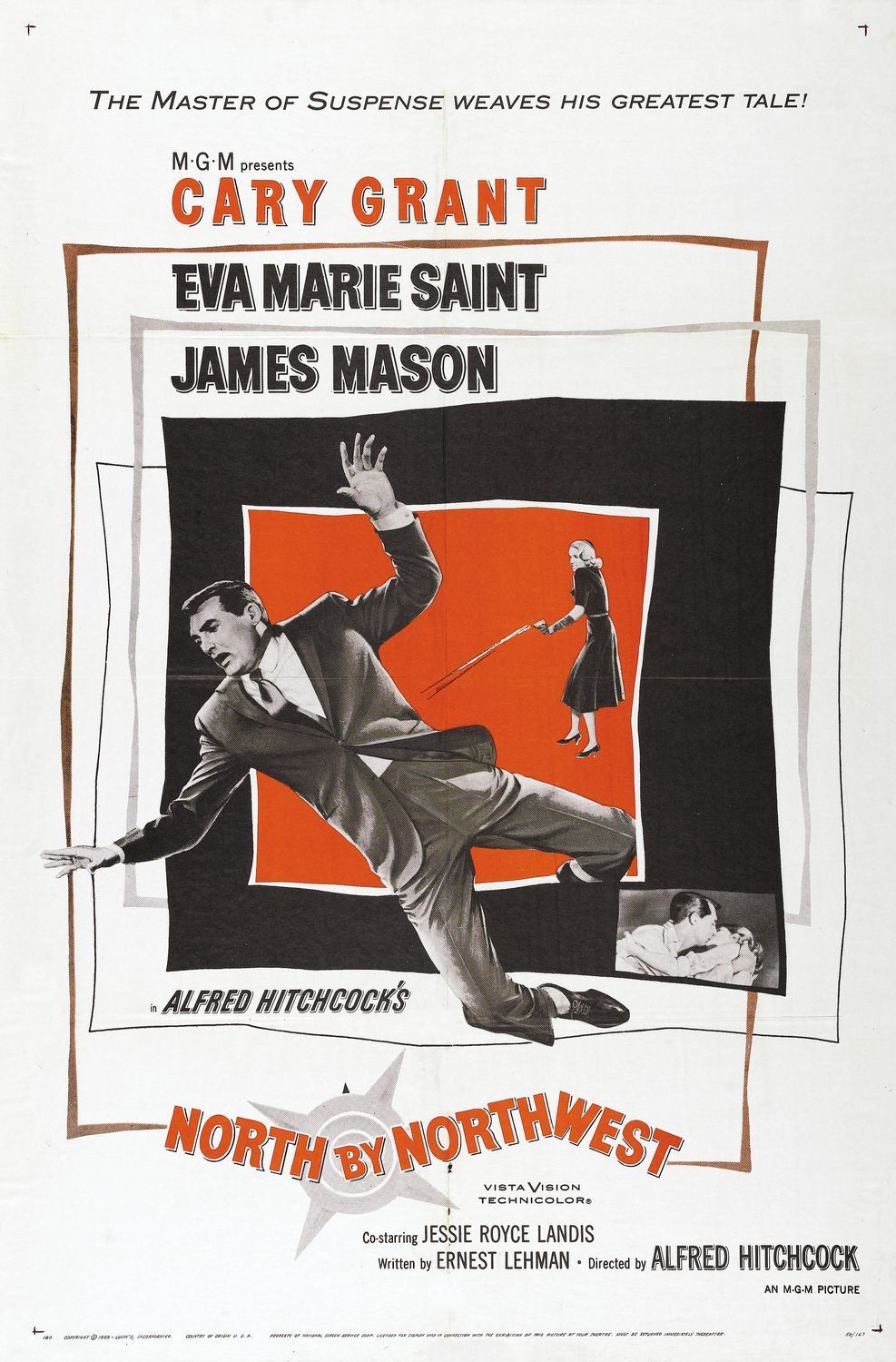
North By Northwest
- Release Date
- September 8, 1959
- Cast
- Eva Marie Saint, James Mason, Cary Grant, Leo G. Carroll, Jessie Royce Landis
- Runtime
- 136 minutes
- Writers
- Ernest Lehman
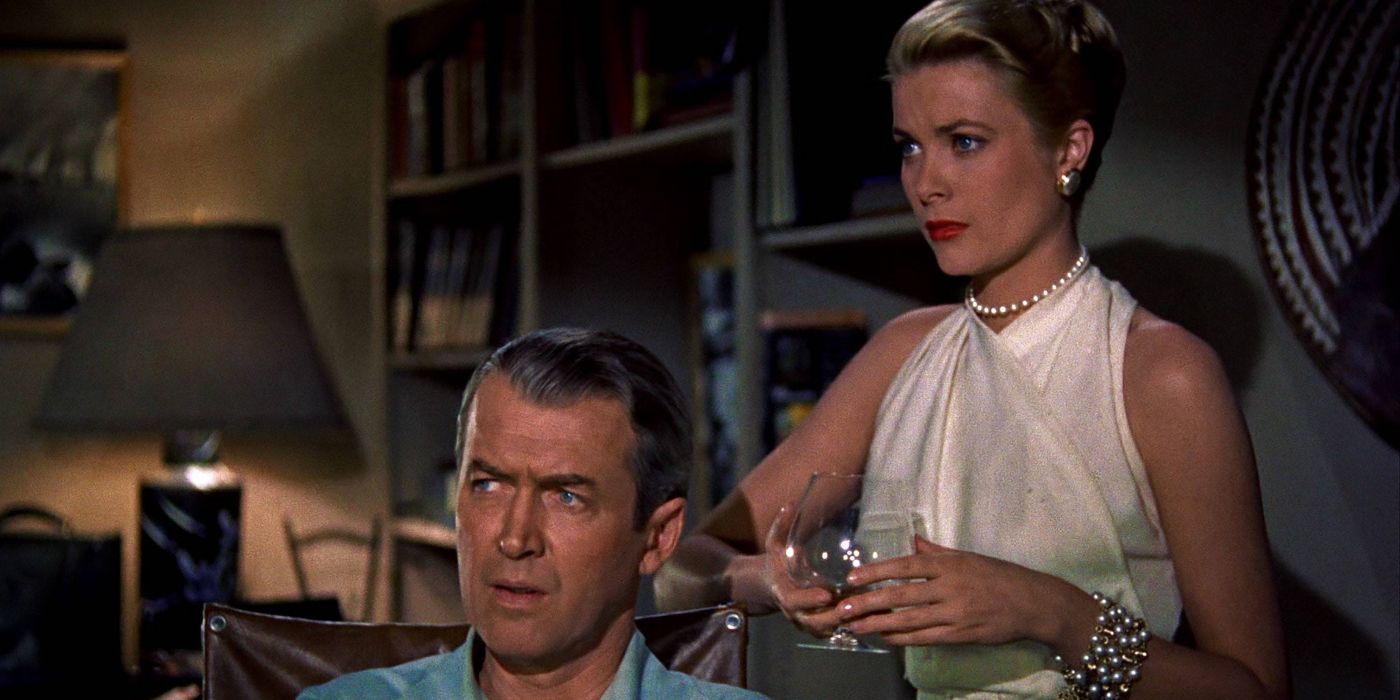
In addition to his collaborations with Grant, Hitchcock also made four incredible films with James Stewart, which began with the aforementioned Rope and continued with the impeccably-made thriller Rear Window. Stewart plays a photojournalist, confined to his apartment due to a broken leg, who passes the time watching his neighbors in their apartments. What begins as light voyeurism turns into dogged sleuthing when Stewart becomes convinced that one of his neighbors has murdered their wife.
Rear Window is as expertly crafted a thriller as has ever been made. Hitchcock uses a meticulously designed soundstage to formulate the singular setting of the film and wisely keeps the soundtrack very limited, focusing on the sounds of the neighborhood as well as the silence of Stewart's apartment to ratchet up the tension. Hitchcock is in control of every frame of film in Rear Window, and the result is a masterclass in suspense.
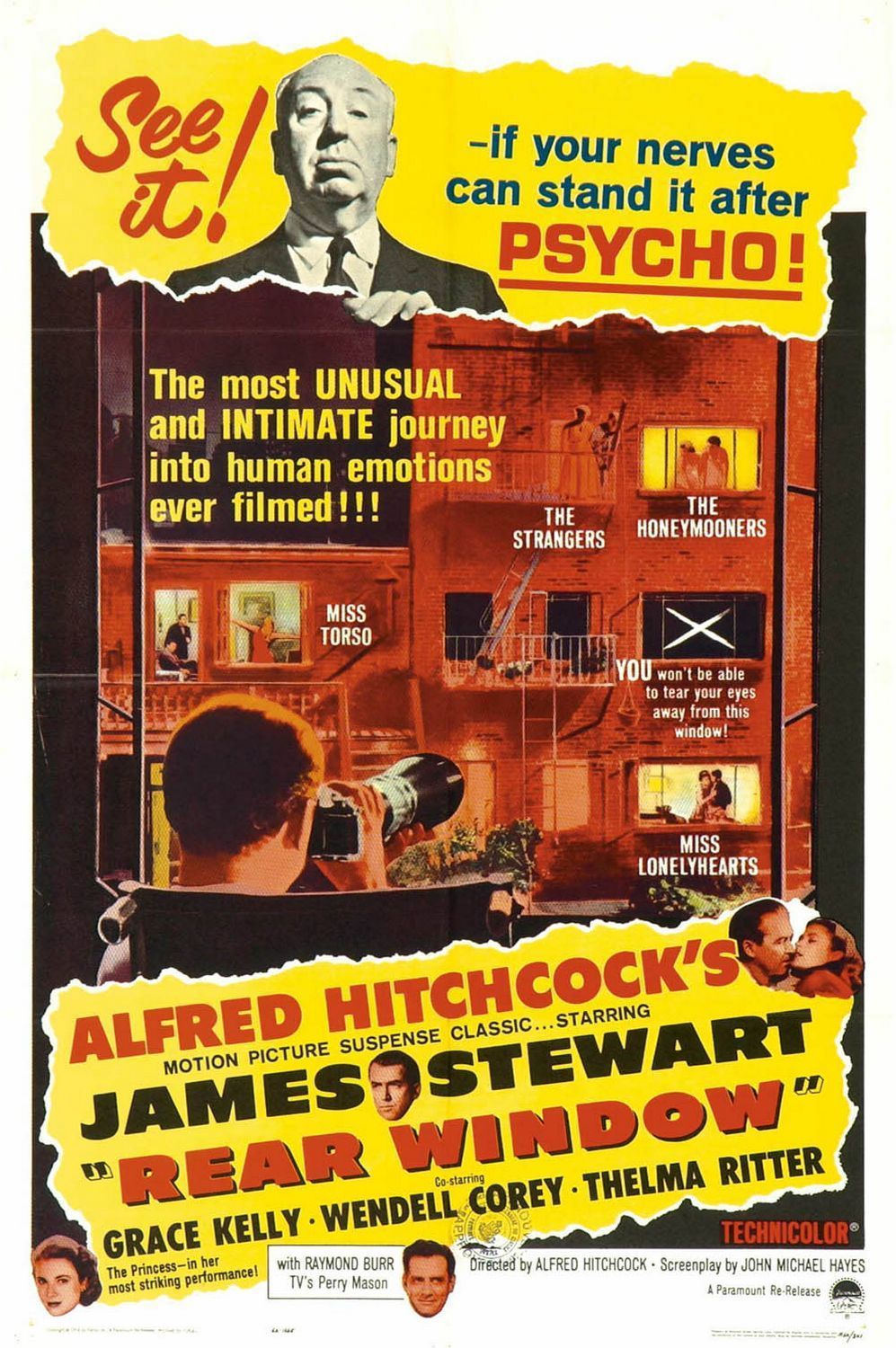
Rear Window
- Release Date
- September 1, 1954
- Runtime
- 112 minutes
- Director
- Alfred Hitchcock
- Cast
- Thelma Ritter, James Stewart, Wendell Corey, Grace Kelly, Raymond Burr
- Writers
- John Michael Hayes, Cornell Woolrich
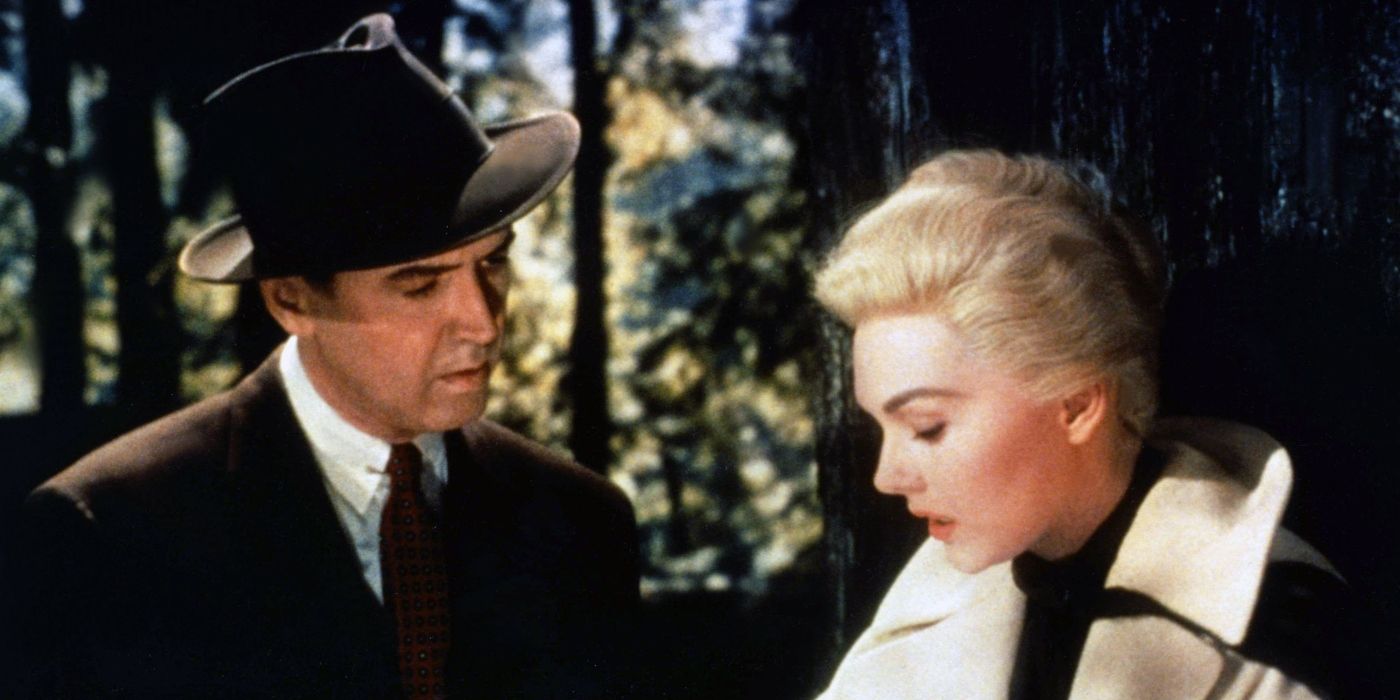
If there's any film that can outrank their work together in Rear Window, it's Stewart and Hitchcock's final film together, which may also be the director's unequivocal masterpiece: the must-watch mystery Vertigo. Visually astounding and emotionally intricate, this dark psychological thriller saw Hitchcock making innovations in camerawork while crafting his most compelling mystery.
Stewart plays a retired police officer who suffers from a fear of heights that triggers the titular response. He is hired to follow the wife of a friend, played by Kim Novak, who he begins to fall for until he witnesses her falling to her death. Her fate sends him into a deep depression, which he is only brought out of when he begins to see a woman who looks remarkably like his perished paramour. Vertigo is unparalleled in its form and techniques, with Hitchcock pioneering the use of the dolly zoom to represent the lead character's intense fear of heights, but it is also one of the director's most obsessive and tragic films.
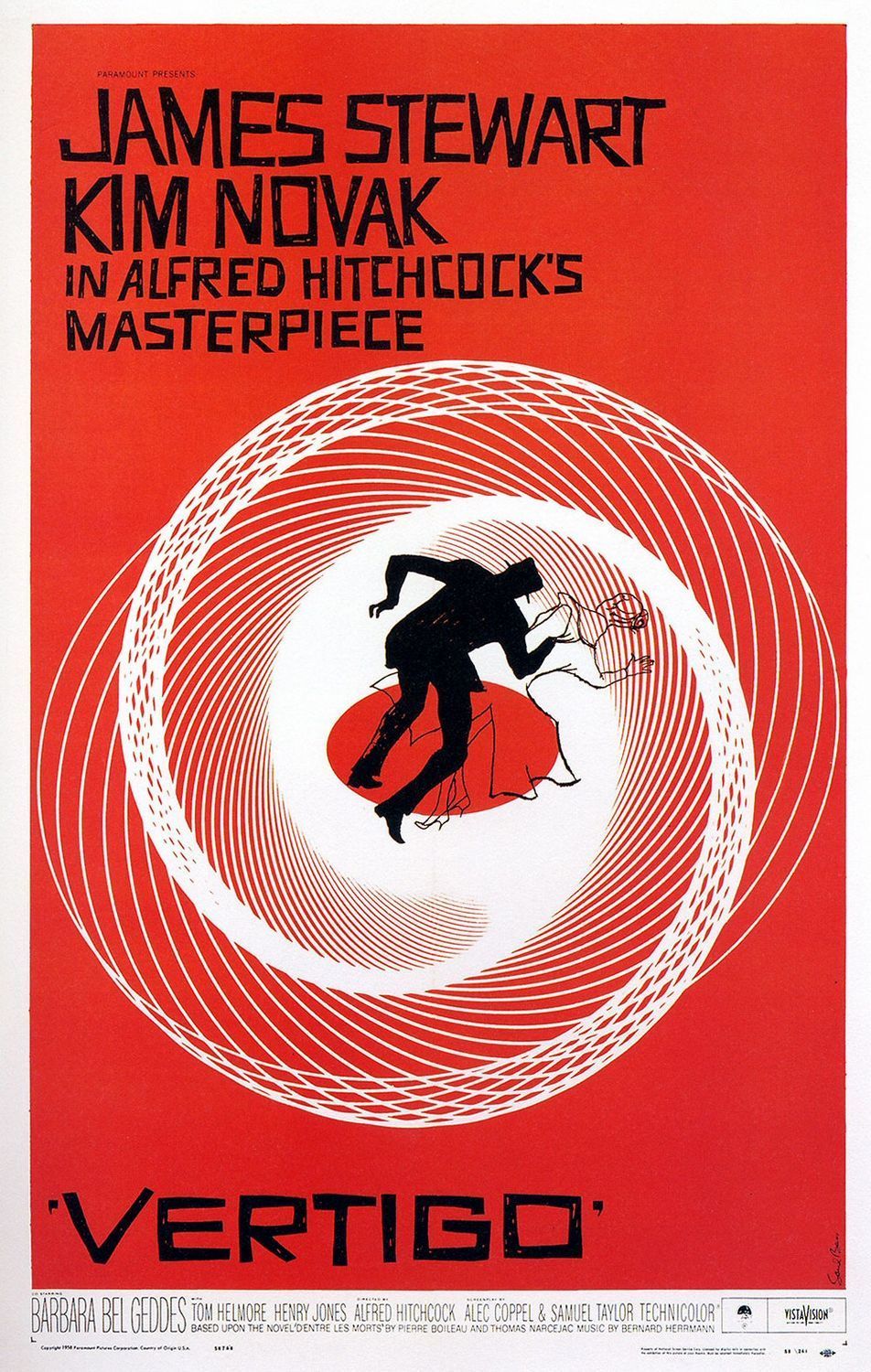
- Cast
- Tom Helmore, Barbara Bel Geddes, Kim Novak, James Stewart, Henry Jones
- Runtime
- 128 minutes
- Writers
- Alec Coppel, Samuel A. Taylor
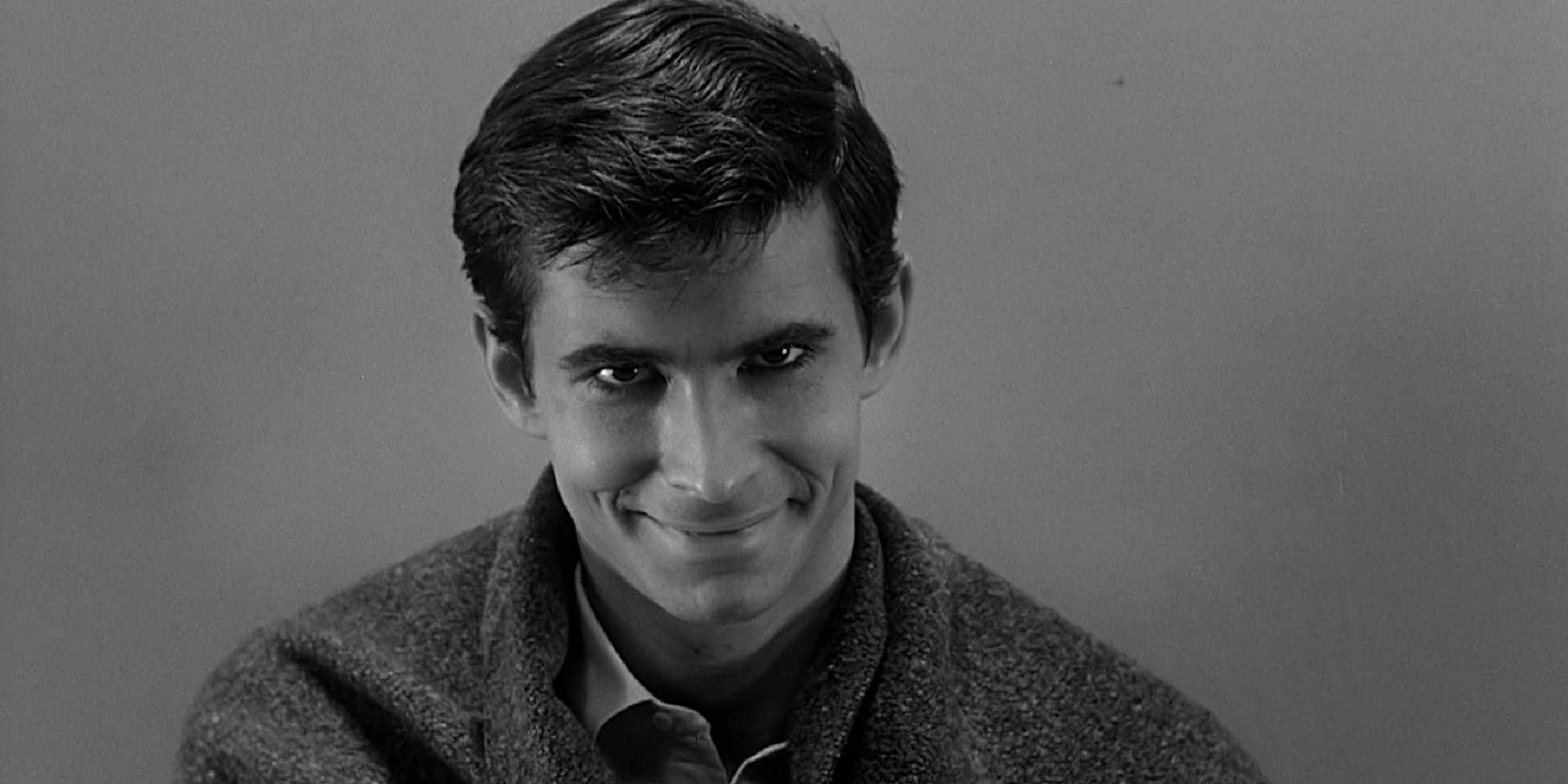
It can be argued that Hitchcock made better films than Psycho, but none will ever match the combined impact this horror film had on pop culture and cinema. In what may be the most important horror film ever made, Hitchcock took audiences away from the gothic castles and atomic monsters that had dominated cinematic scares and presented them with a terrifying killer who looked like the boy next door.
Based on Robert Bloch's novel, which was inspired by real-life killer Ed Gein, Hitchcock put up money to get Psycho made and used the crew from his television series to shoot it efficiently. From an untimely death in the shower to the shocking twist lying in wait in Norman Bates' cellar, the movie redefined horror at the start of the '60s and launched a legacy of terror that hasn't ceased since. Psycho is an absolute must-watch in every qualifying category.
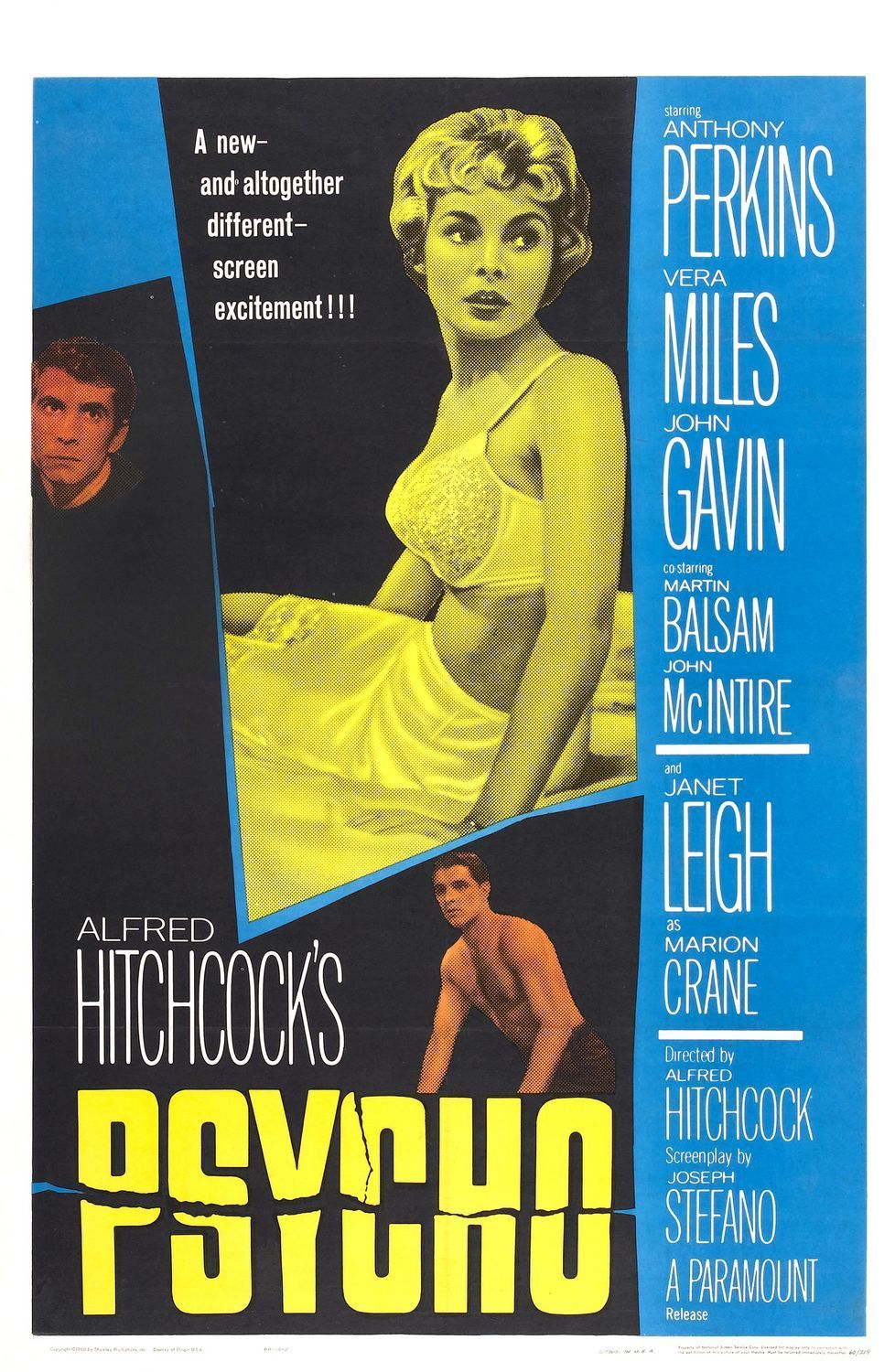
Psycho
- Release Date
- September 8, 1960
- Cast
- Janet Leigh, Martin Balsam, Anthony Perkins, John Gavin, Vera Miles
- Runtime
- 109 minutes
- Writers
- Joseph Stefano, Robert Bloch
